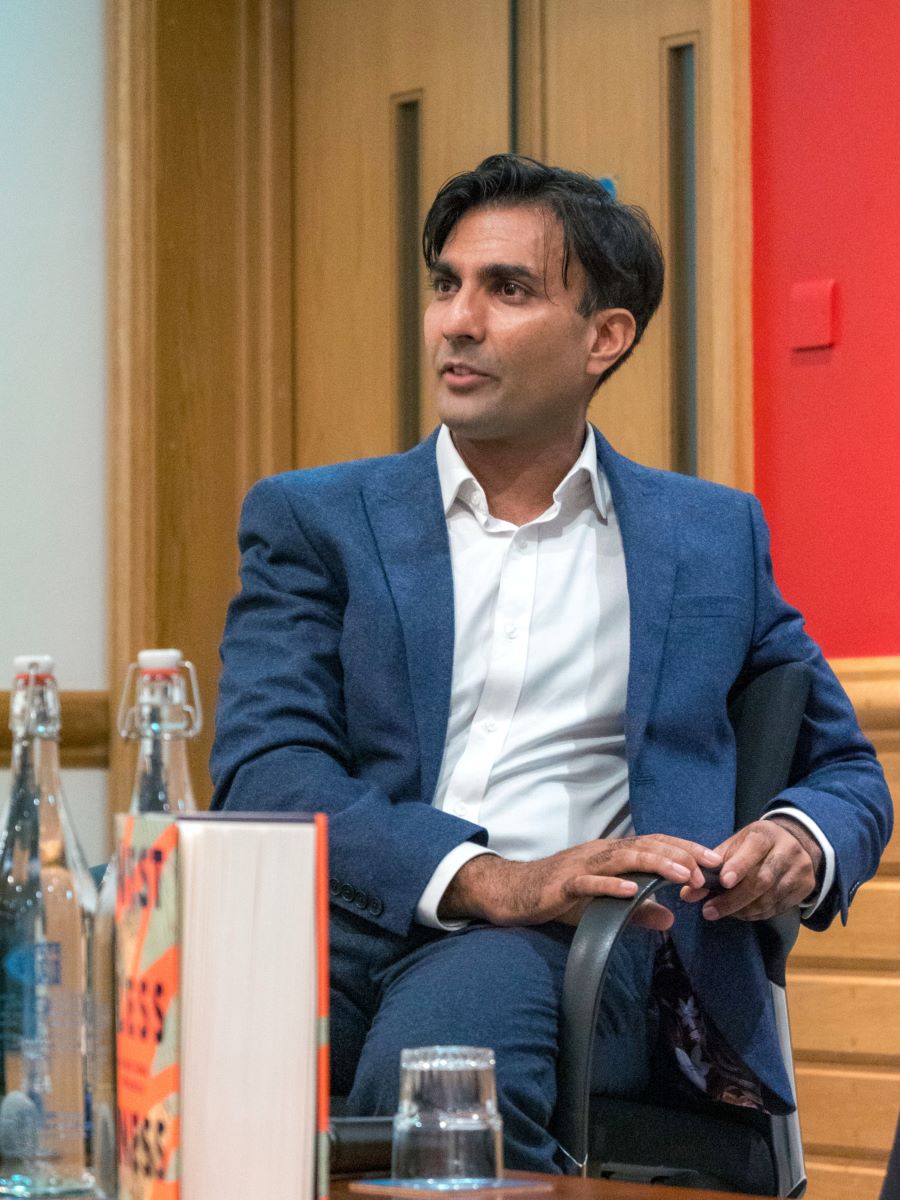Former diplomat: global rebalancing could result in ‘more technicolour’ world
There is a difference between being ‘non-West’ and ‘anti-West’, according to Dr Samir Puri. He also said that some non-Western nations have ‘sound reasons’ to exclude the US from geopolitical blocs or to minimise its influence

In 1950, around 30 per cent of the global population lived in a Western country geopolitically aligned with the US. That figure is declining. By 2050, Dr Samir Puri said, as few as one in 10 people in humanity could be living in the West. The world is becoming demographically “less Western” as a percentage.
Puri is a former UK civil servant for the Foreign Office and the author of three books on geopolitics in three years. To a room full of eager students, many of whom had just enrolled at Oriel College, he delivered the first Provost’s Talk of the current academic year.
Puri’s most recent book, entitled Westlessness, explores the changing role of the geopolitical West as part of an increasingly diverse global order, for which it has decided the rules for more than a century.
Highlighting the lack of international consensus on a range of issues during his talk, he mentioned Putin’s ongoing military invasion of Ukraine and the disagreement around arming the country or rooting for a peace deal. He said that the effort to drum up support for Ukraine to achieve military victory was “not widely successful at the global level”.
When he worked for the Foreign Office, Puri was seconded to a ceasefire monitoring mission in the Donbas region, Ukraine, back in 2014-15. His second book, Russia’s Road to War with Ukraine, traces the tensions and conflicts that he claims catalysed Putin’s invasion.
A new geopolitical trend is the uptick in gatherings of geopolitical blocs that deliberately exclude the US and its allies, Puri said. He added that some non-Western nations have “sound reasons” to form these blocs — for example, to reduce dependence on the dollar.
There is a difference between being “anti-West”, he also said, in the sense of being antagonistic to Western influence, and “non-West”, in the sense of simply being otherwise geopolitically aligned.
Today, Puri is an Associate Fellow at Chatham House. Prior to this, he monitored the geopolitical dials at a Singaporean think tank.
The former diplomat answered questions after his talk from Oriel’s Fellow in Politics, Professor Teresa Bejan. Bejan then opened the floor to discussion.
Puri suggested that the ongoing “global rebalancing” could result in a “more technicolour” world in which the West, despite losing its hegemony, still holds considerable hard power, while continuing to wield its soft power.